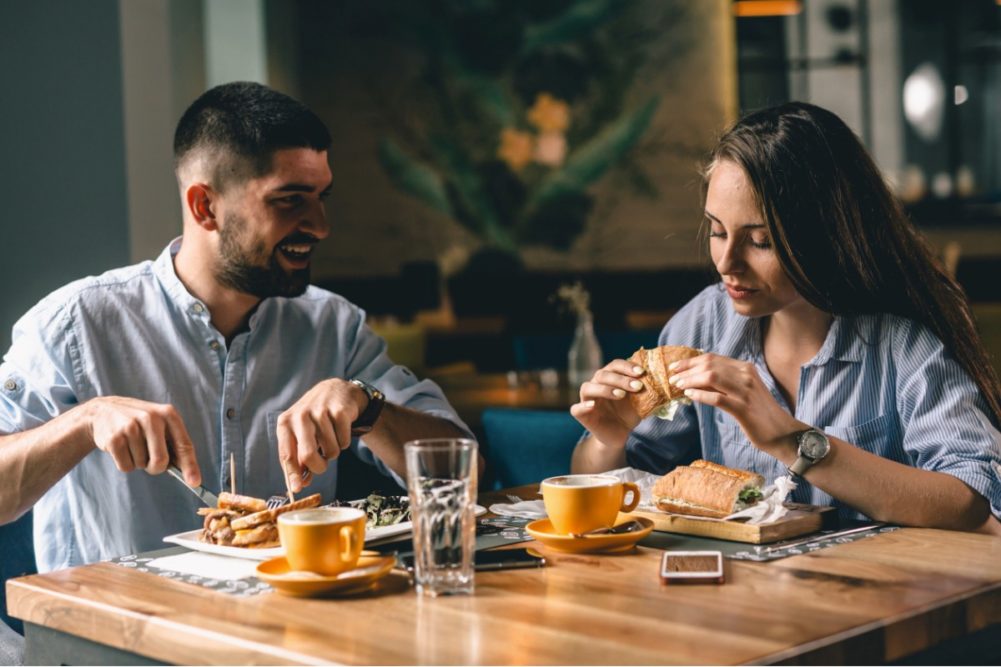GLADSTONE, MO. — John Dick, founder and chief executive officer of CivicScience, foresees three areas that will impact the rate that people will return to restaurants. They are consumer confidence; personal and physical proximity to the coronavirus (COVID-19), which includes knowing somebody who has the virus; and political tribalism, which includes what cable news network people watch.
Tribalism might be the biggest factor, he said in a May 8 webinar organized by the Center for Food Integrity. Rural conservatives appear more likely to return to restaurants quicker than urban liberals, according to CivicScience data.
“It does not matter what the governments say clearly as much as it matters what consumers say,” Dick said. “The consumer is going to have way more influence on the speed of the recovery and the opening of our economy than any governor or mayor or the president is going to have.”
Pittsburgh-based CivicScience gathers surveys of US consumers every day through polling applications embedded in the content of partner websites like Microsoft, BuzzFeed and Univision.
CivicScience gathered data from 10,962 responses from April 15-22. When asked how they would respond if a state/local government issued a notice to go back to normal activities to prevent further negative impact on the economy, 38% said they would resume some normal activities and 30% said they would remain in quarantine. Other responses were resume all normal activities at 15%, resume most normal activities at 10% and not sure yet at 8%.
CivicScience in data gathered from 39,126 responses from March 26 to April 23 divided responses into three categories: strong Democrat/lean Democrat, independent/other and strong Republican/lean Republican. When asked the same question about resuming normal activities once a state or local government permitted them, 52% of Republicans said they would resume all normal activities, which compared to 29% for independents and 19% for Democrats. The percentage of people who said they would remain in quarantine were 53% for Democrats, 31% for independents and 15% for Republicans.
Consumer confidence, which dove in mid-March, has experienced a small bounce over the past couple of weeks thanks to the government stimulus and unemployment benefits, Dick said.
Thirty-one percent of Americans know someone who was diagnosed with COVID-19, according to CivicScience data generated from 11,291 respondents from May 1-8. The percentages were higher for urban areas, including New York City at nearly 60%.
“That is going to have a significant impact on how people feel about this virus,” Dick said. “Obviously, rural areas are going to be places where you find fewer people who know others with the virus.”
Susan Schwallie, executive director of food and beverage consumption for the NPD Group, a market research and consumer insights company, also spoke in the webinar.
She said US restaurant transactions declined 26% in the week ended May 8 when compared to the same week in the previous year. The percentages continue to improve. The declines were 43% for the week ended April 12, 36% for the week ended April 19 and 32% for the week ended April 26.
As states like Georgia loosen restrictions, more restaurants will begin in-house dining instead of relying solely on drive-thru and delivery. Restaurant owners will have to decide whether opening at 25% to 50% of the previous capacity will be profitable, Schwallie said.


